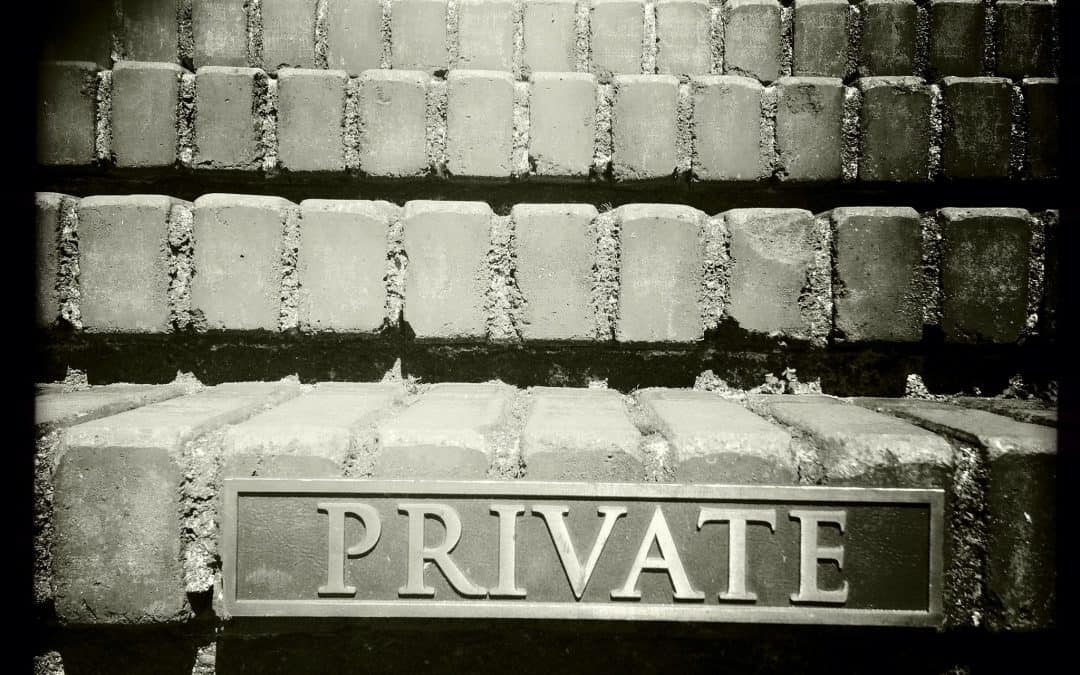In The Times last week, family courts were accused of being ‘secretive’ because they do not advertise the names of people who are getting divorced – under the headline ‘Call to end divorce case secrecy‘ (paywall).
‘Secret’ divorces?
The article then goes on to explain that it is only wealthy divorcees being complained about, specifically the Russian billionaire in this BBC story. There are several other stories in the mainstream media about the couple, because of the high amount of the financial settlement that has been ordered for the wife – £453m. There’s quite a lot of detail about their history and their wealth, and the husband seems to have spoken to the Daily Mail, making allegations about his wife’s behaviour. But there’s no indication of anything being kept a secret from the public, except the family’s names and identifying details. This is because the judge has, apparently, made an order protecting these. We assume that an anonymised judgment will be published on BAILII in due course. It’s suggested in The Times story and in Media Lawyer (subscription only) that the press were at a disadvantage and couldn’t argue for fewer restrictions on reporting because they didn’t know that the hearing was even taking place. As was argued by Brian Farmer of the Press Assocation at The Transparency Project’s launch of our Media Guide on 5 April, only if journalists can see names on court lists, can they know whether to attend and report a particular case. In some cases they would also be able to argue against restrictions.
It is not therefore, the divorce that is at issue here at all, but the associated financial application.
Arguments for publicising financial applications on divorce
We have come up with some arguments in favour:
1.Public legal education – so people can learn and understand how the law works
Yes, but the way the law is applied in a case like this is not going to be typical, and not be of huge help to the average couple. A conceptual understanding might have some value as an example of how our justice system works – but we can read about that without knowing anyone’s names.
2.Raise awareness of the cost to the taxpayer of foreign nationals using London courts
Access to this sort of information might also be in the public interest, especially as it has long been government policy to attract wealthy foreign litigants to London, on the premise that it is a big income earner for the UK. (Although this status is likely to be lost, because of Brexit.)
umm.. that’s it. Perhaps our readers can come up with more.
Do we need the individuals’ names to understand the public interest elements in their story?
It seems unlikely that knowing their names will enhance our understanding. However, the media argue (and judges usually accept) that a story with names and pictures will be read by more people as one without, and that the survival of our free press depends upon a newspaper industry that can publish gossip as well as news.
It is now nearly three years since the Presdeint suggested an improvement to court listings, so that the press could see what a case might be about, and possible public interest elements. However, the idea of just adding names fuels the perception that the media are after celebrities, not issues.
Until the judgment is published, we don’t know whether the husband, wife or both, asked the judge to make the reporting restriction, nor why. We will comment further when we do.
Feature Pic courtesy of Chris Blakeley on Flickr (Creative Commons) – thanks!

Thanks for highlighting this – often ‘open justice’ appears to be understood as naming names, when other access models may be appropriate. I think there’s confusion here, because of the various rationales for open justice which serve different purposes. Providing legal education and ensuring a fair proceedings may not require the release of names, if we can guarantee that someone offers these services under conditions of anonymity. However, the media – which can (but not always) assist with these objectives – may be disinclined to attend proceedings without names because anonymous proceedings lack ‘colour’, essential to attracting readers (some say). So there are important moral and practical, as well as legal, issues to be teased out here. It’s a shame that the nuances and complications of delivering open justice don’t get the attention they deserve (e.g. sidelined and given insufficient attention in the recent – now abandoned owing to the election timing – Prisons and Courts Bill). We need a proper and wide-ranging public discussion on open justice, privacy and rehabilitation in view of court modernisation proposals.